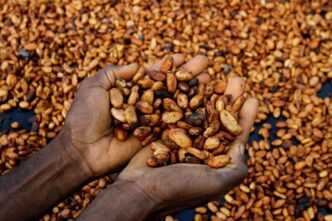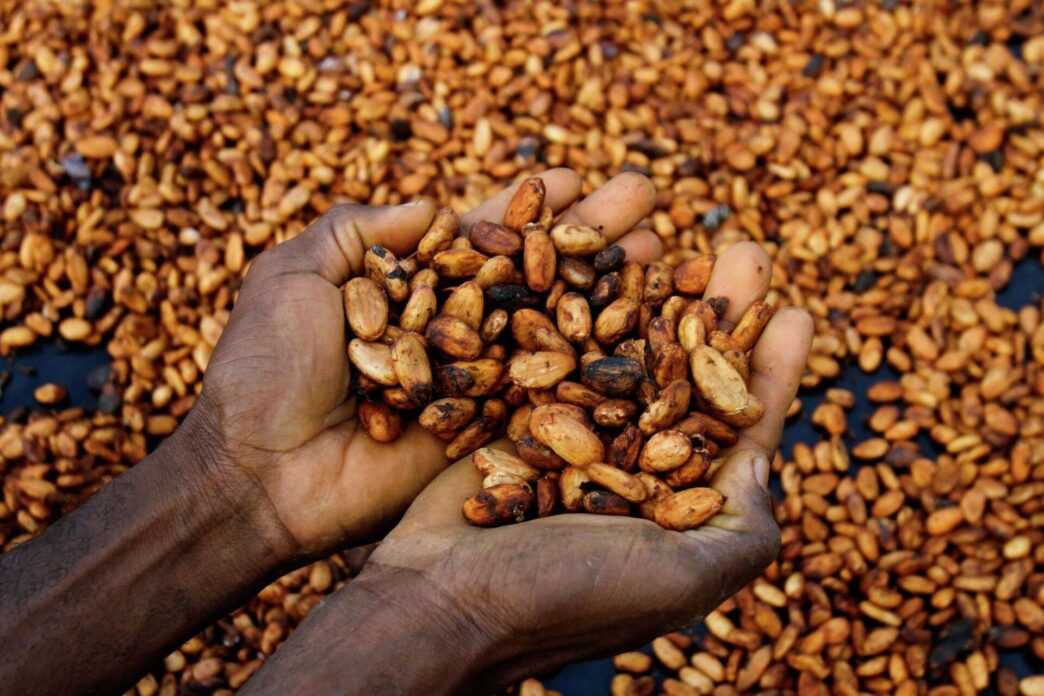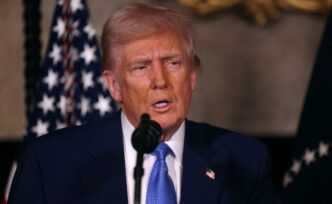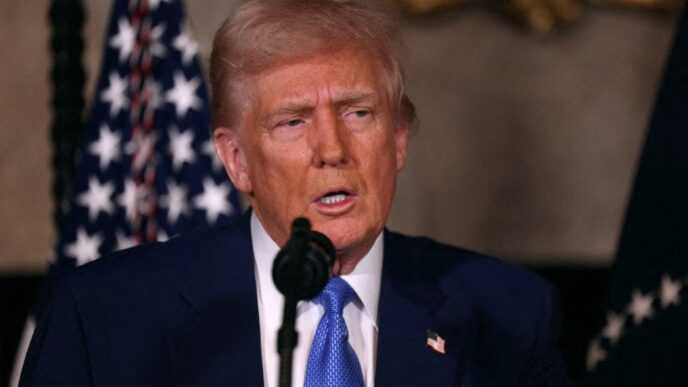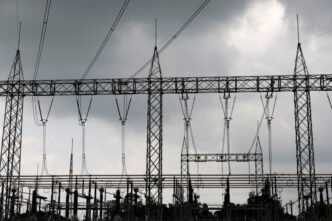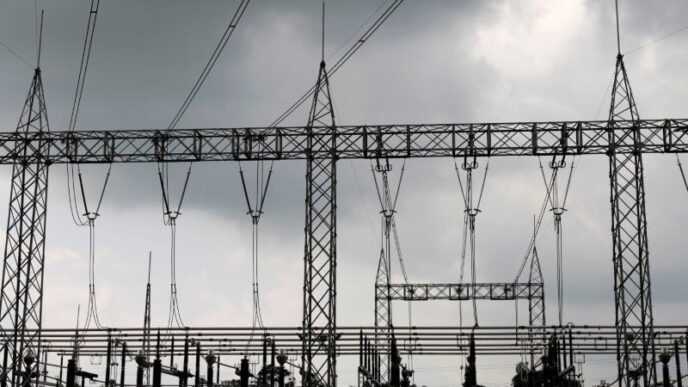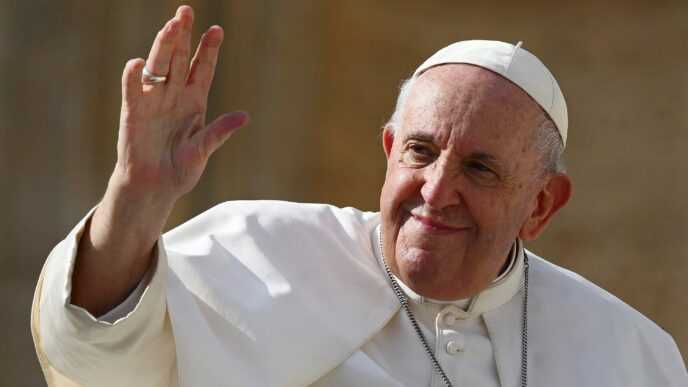Cocoa farmers in Côte d’Ivoire, the world’s largest producer of cocoa, are expressing mounting anxiety over potential U.S. trade tariffs that could severely disrupt the industry. The proposed measures, reportedly in response to labor rights concerns, could impact billions in exports and place the livelihoods of thousands of smallholder farmers at risk.
The United States remains one of the top importers of Ivorian cocoa, and any significant hike in tariffs could make the country’s cocoa less competitive globally. Farmers fear that such policy shifts would force them to sell at reduced prices, threatening their incomes and exacerbating rural poverty.
“The cocoa sector is the heartbeat of our communities,” says Kouadio N’Guessan, a cooperative leader in San Pedro. “If the U.S. imposes tariffs, it’s not just the economy that suffers—it’s our children’s education, our healthcare, and our future.”
The Ivorian government, along with major exporters and agricultural unions, is lobbying for dialogue with U.S. trade officials to address the concerns without harming trade. Experts warn that without cooperative trade negotiations, the ripple effects could destabilize supply chains, increase chocolate prices globally, and strain U.S.–Africa economic relations.
As trade talks continue, the voices of Ivorian cocoa farmers underscore a larger issue—how global economic decisions can impact the most vulnerable producers. With livelihoods hanging in the balance, stakeholders hope for a balanced solution that protects both ethical standards and economic survival in Africa’s cocoa heartland.
In other news; American Pastor Rescued in South Africa After Abduction
